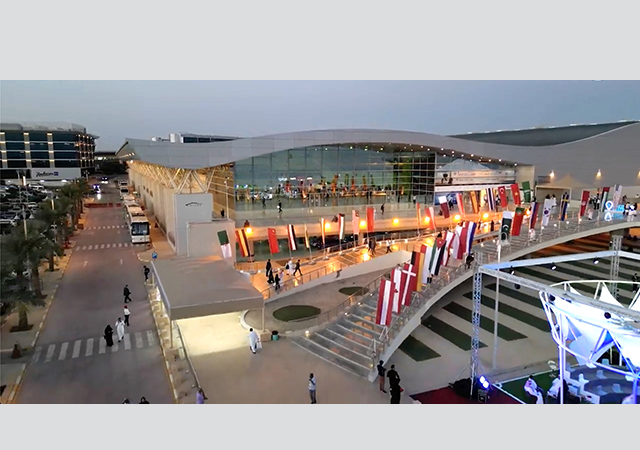
 The Hydromill ... efficient, fast.
The Hydromill ... efficient, fast.
A 5,500 sq m diaphragm wall was recently installed in record time at the Sheikh Isa bin Zayed Tower in Dubai using a new Casagrande FD90 Hydromill, which was utilised to excavate, desand and create the joints between the primary and secondary panels of the wall.
The site, located under the growing shadow of the Burj Dubai tower, comprises dense silty sand up to a depth of approximately 5.0 to 6.0 m above harder strata of weak to moderately weak sandstone.
Given the volume the sand, the FD90 Hydromill’s desanding plant was under constant pressure during the desanding and recycling operations, achieving a maximum production rate of 450 cu m/hour of spoil and slurry, which was delivered from the excavated trench by the Hydromill’s powerful pumping unit. The actual excavation depth of the wall was approximately 20 m, and the average excavation rate was 22 cu/hour, which peaked at 50 cu m/hour.
“The large amount of sand in the ground was well handled during the desanding operation due to the use of bentonite products,” says a spokesman for Casagrande, the Italy-based manufacturer of Hydromill.
“The joints between panels were created utilising Hydromill’s ability to ‘grind’ the concrete of the primary panels while excavating the secondary panels,” he explains. “The system eliminates the requirement of using stop-end elements and of inserting any water-stop between the panel joints.
“With a weight of approximately 50 tonnes and two powerful motors each of 90 kNm torque, the F90 has been designed to handle the excavation of deep structural and cut-off walls in cemented conglomerate and hard rock with compression strength of 1,400 kg/sq cm and above.
“In comparison to other rival systems, the Casagrande Hydromill excavation patented system is unique because it uses a set of cutting chains to transfer the power of the hydraulic motors to the cutting wheels. This exclusive chain system ensures a continuous cutting impact along the entire width of the excavation, improving verticality control and increasing productivity, especially when excavating hard/very hard and difficult geological formations,” he adds.
The Hydromill’s reverse circulation system of excavation was originally developed in Italy and France in the 80s, with Casagrande being one of the pioneers in manufacturing hydromill equipment in Italy.
The Hydromill used on the tower project in Dubai was owned by Arabian Forasol Foundation, whose centre of operations has been based in Dubai since 2004. The company has, in this short span, grown to become one of the major specialist foundation contractors working throughout the UAE. A string of projects have already been executed by the FD90 Hydromill, including several drill shaft projects and a diaphragm wall at the N1 tower located within the Jumeirah Lake Towers development, where the soil strata are even harder (mixes of cemented sand, sandstone and conglomerates).
The FD90 Hydromill has been assembled on a Liebherr carrier previously owned by Arabian Forasol. However, Casagrande also produces a complete set of carriers from 80 to 120 tonnes, which can be used for the various Hydromill models and for all the other Casagrande specially-designed foundation equipment.
Based in Fontanafredda, Casagrande is a leading manufacturer of foundation and tunnelling equipment and the only Hydromill manufacturer that exclusively aims to produce and to sell the equipment without competing in the industry as a contractor.


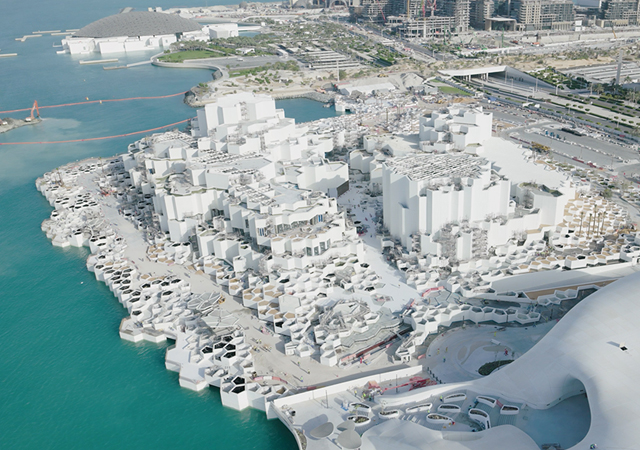
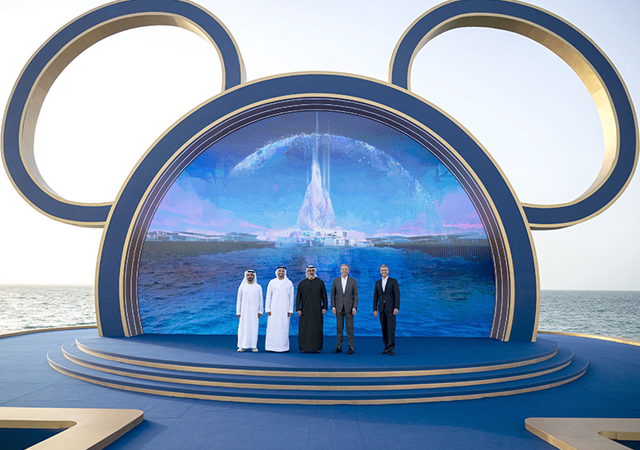
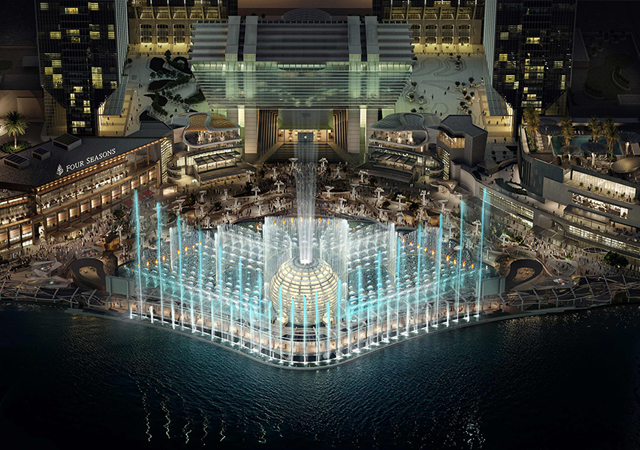
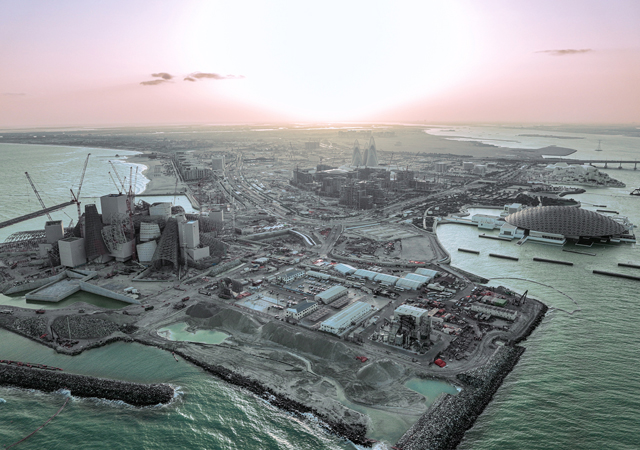
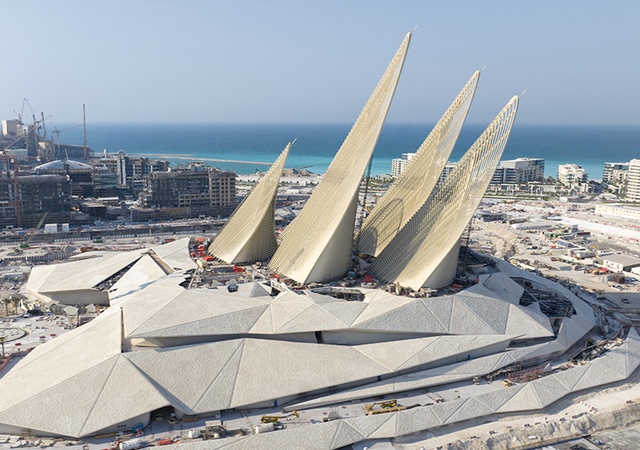
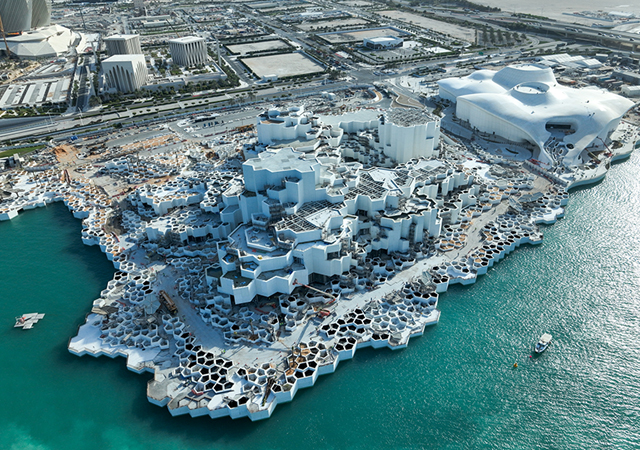
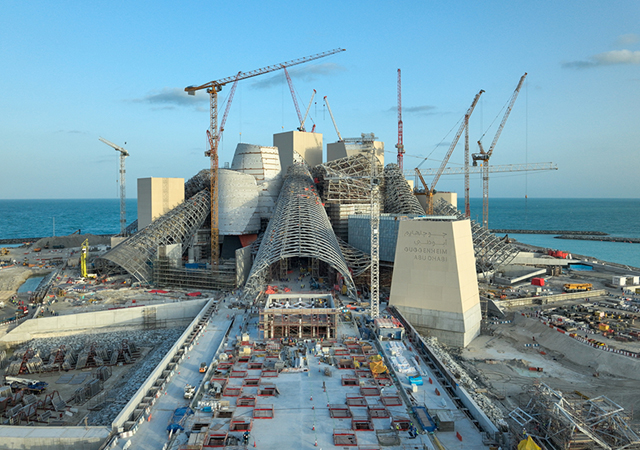
.jpg)
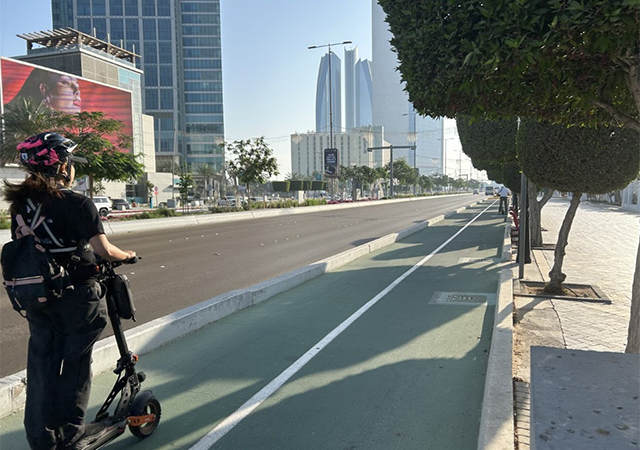
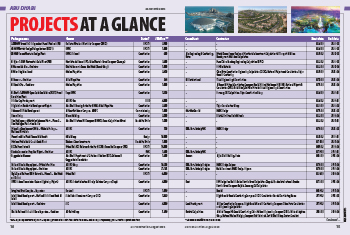

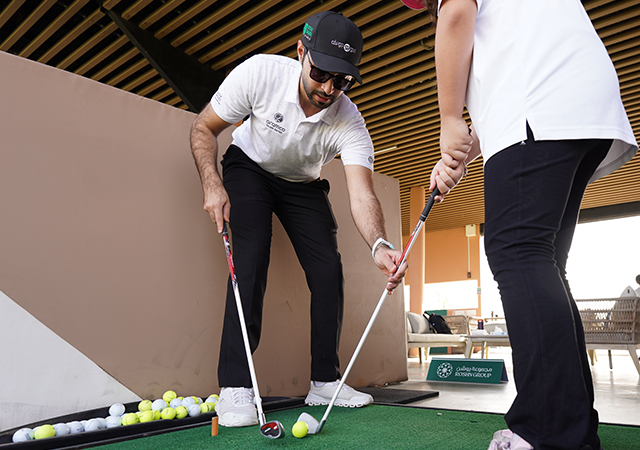
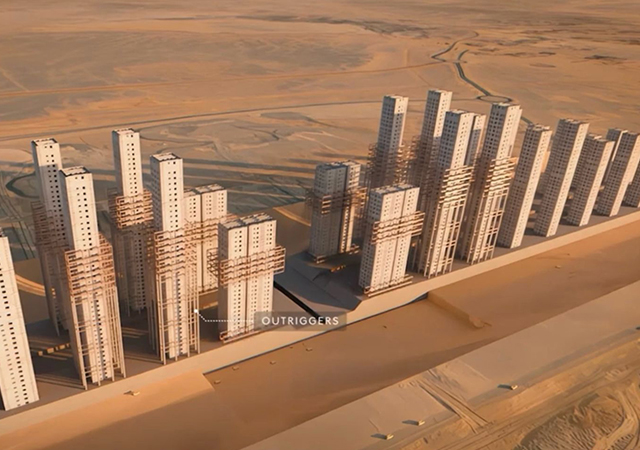
.jpg)
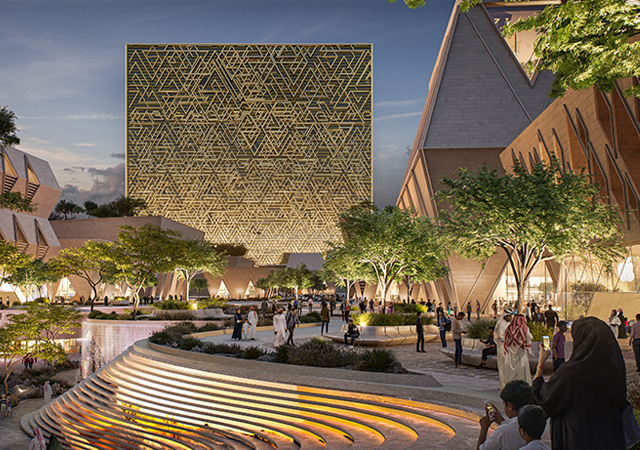
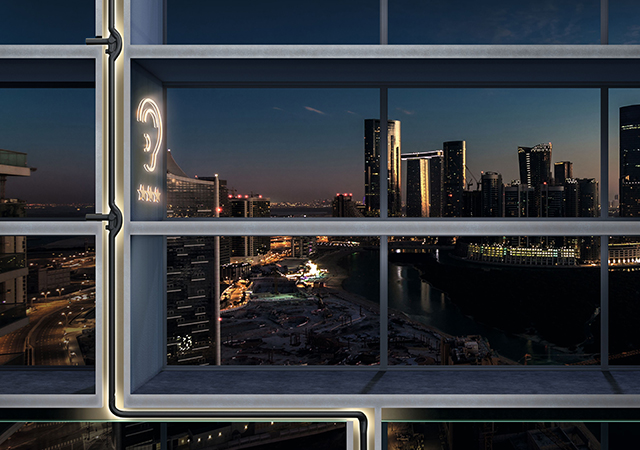
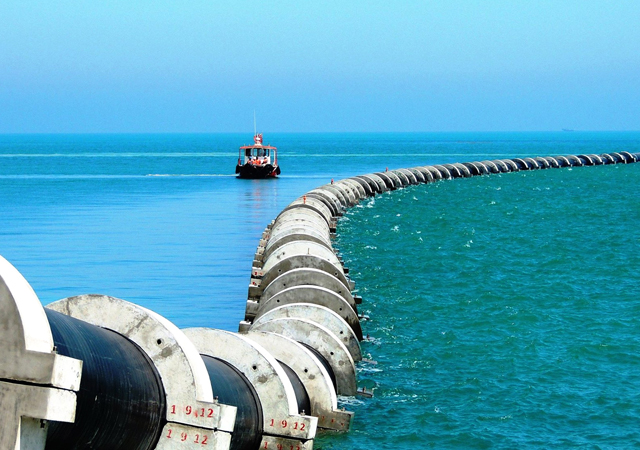
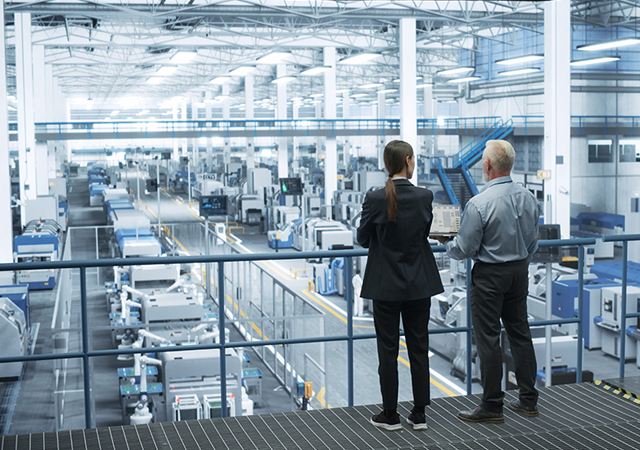

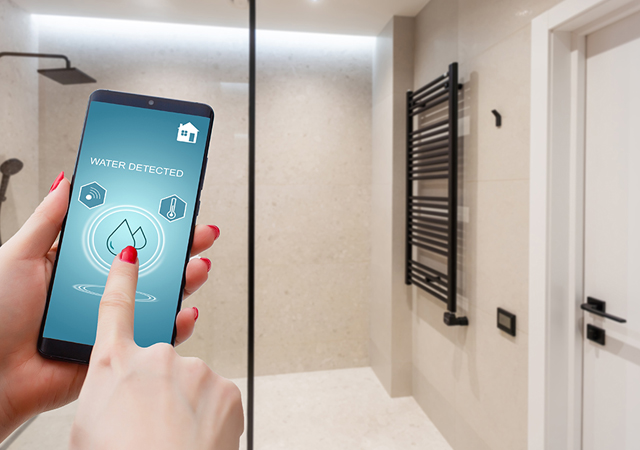
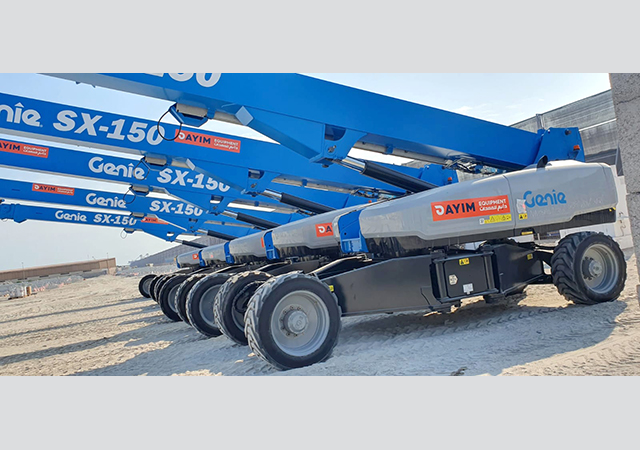
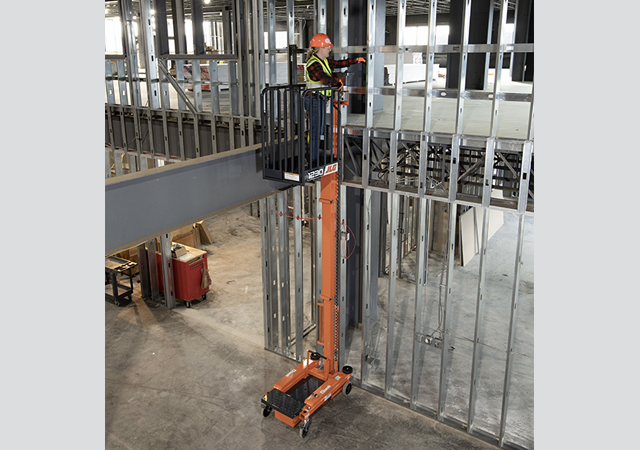
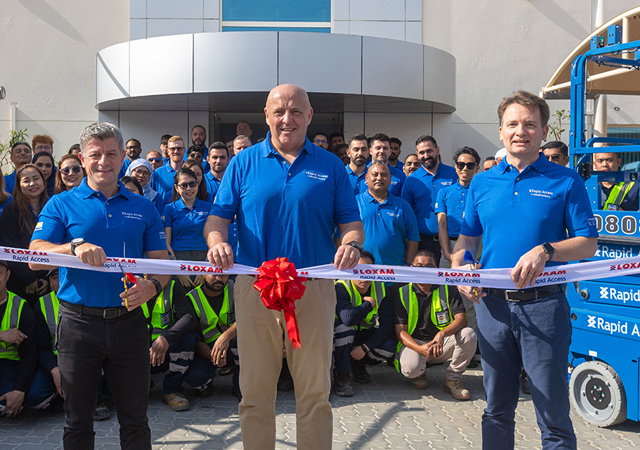
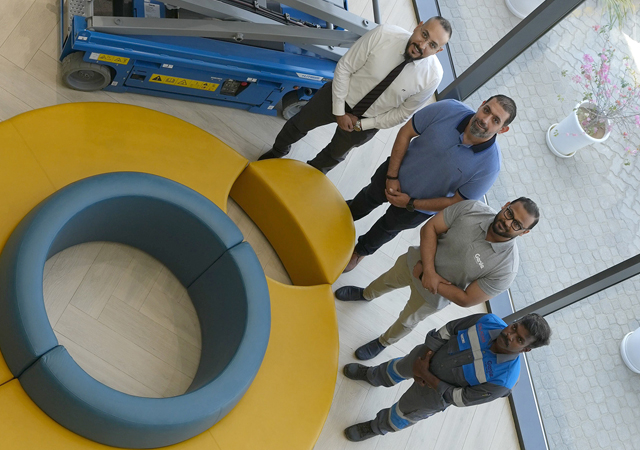
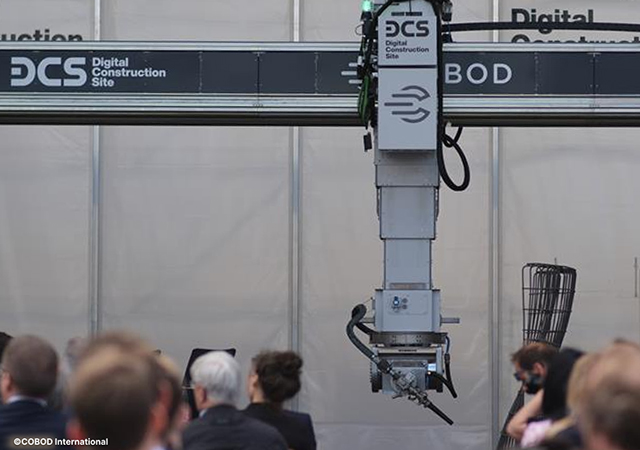
Doka (2).jpg)
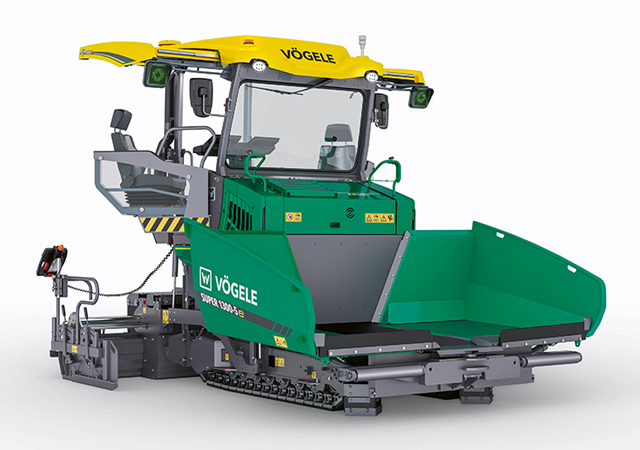
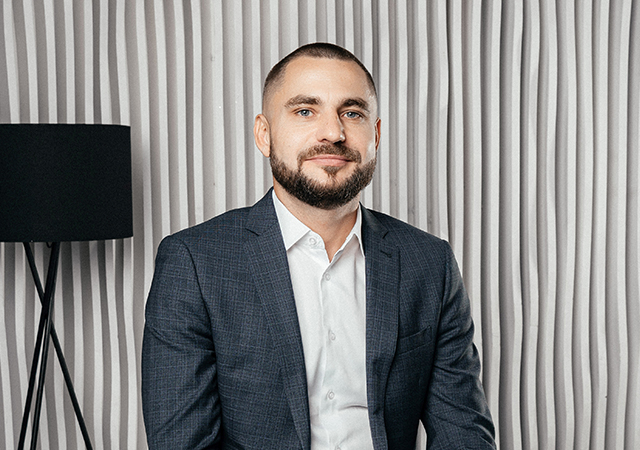

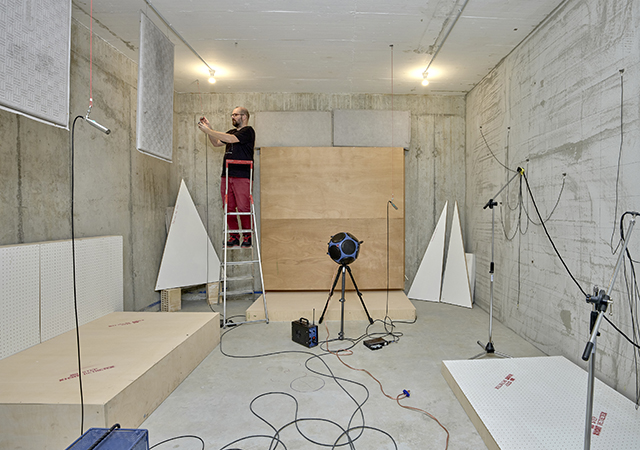
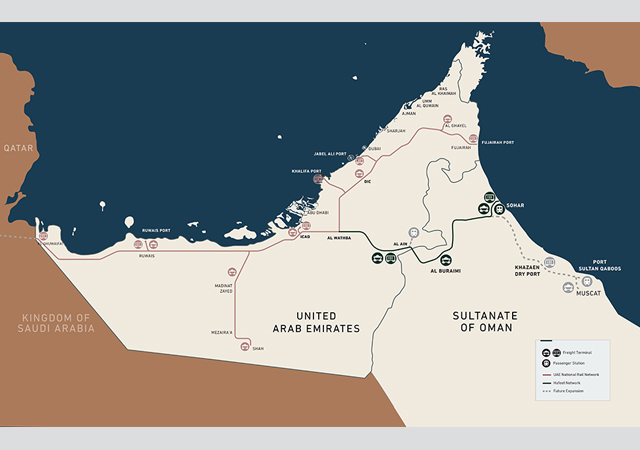
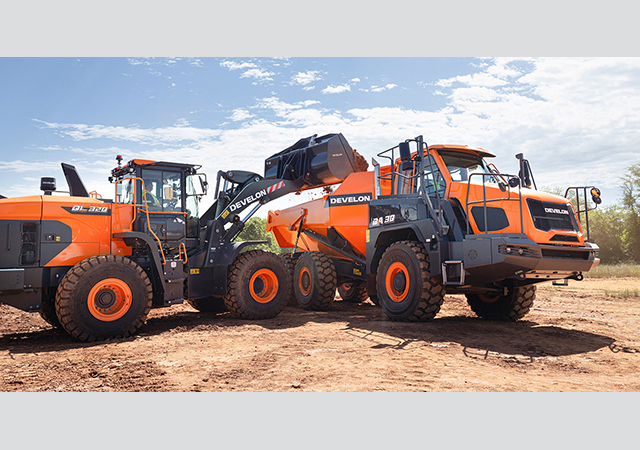
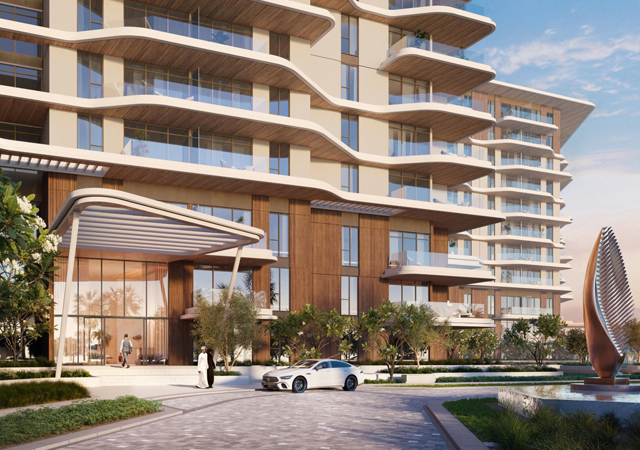

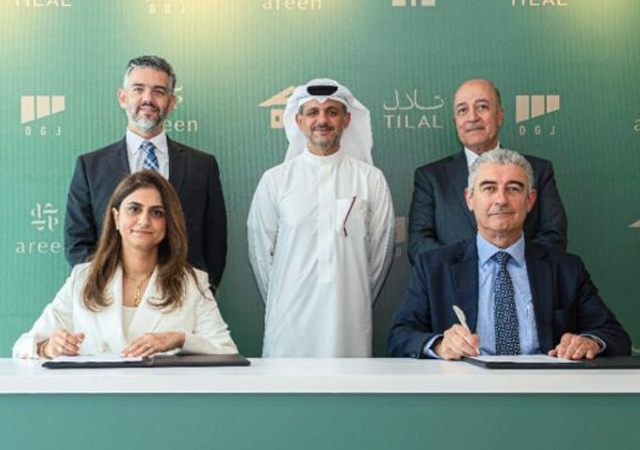
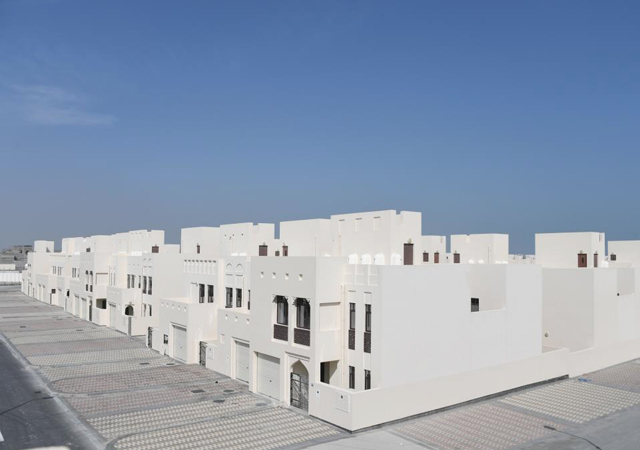
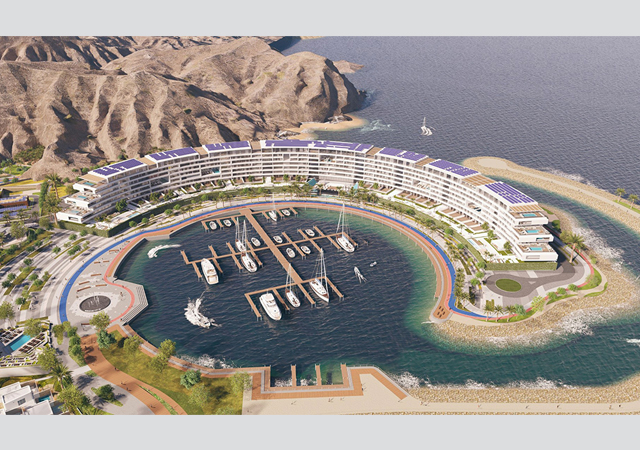
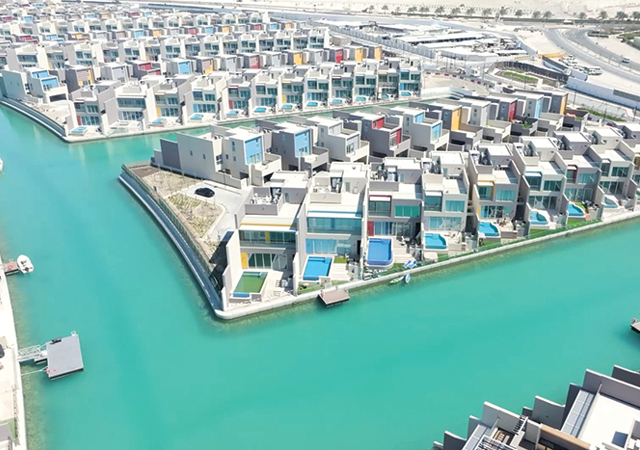
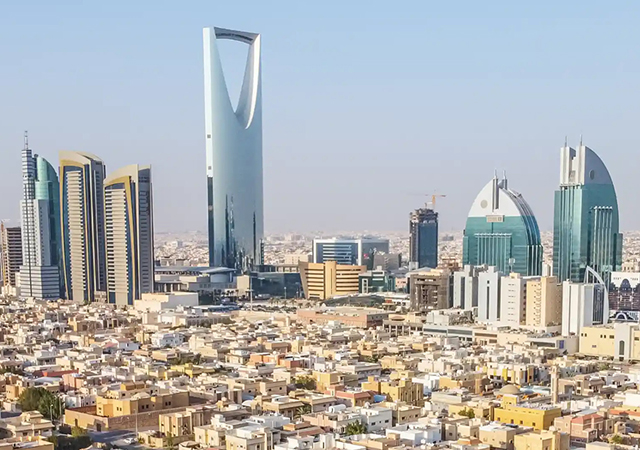
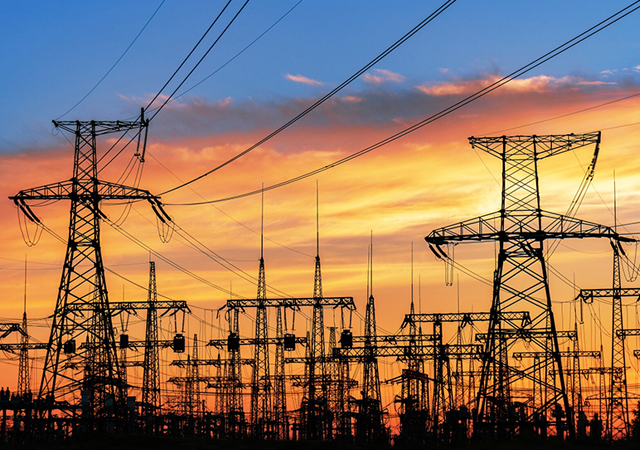
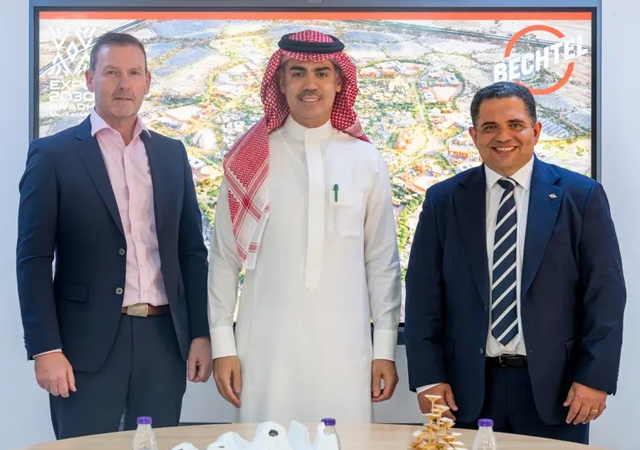
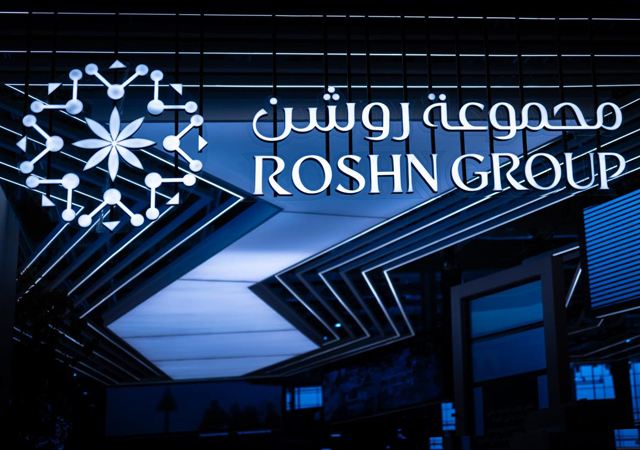
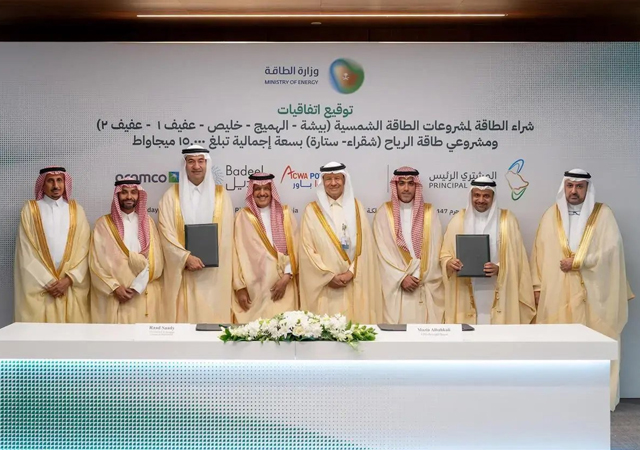
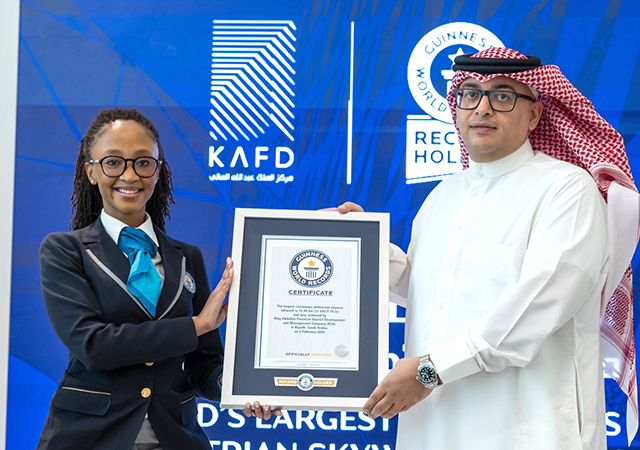
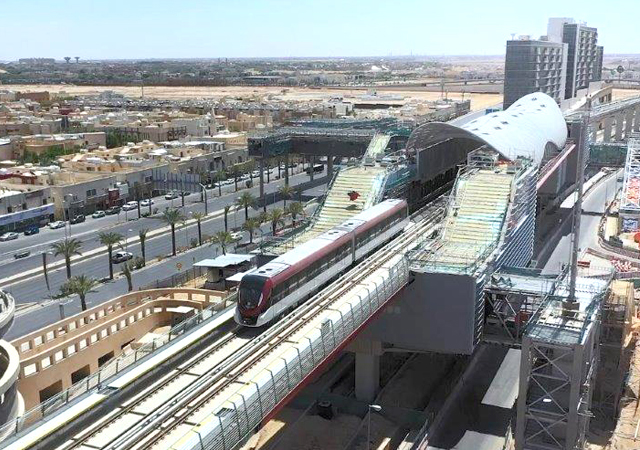
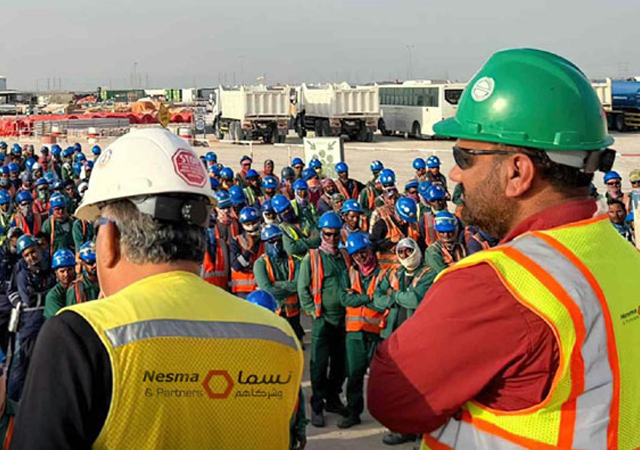
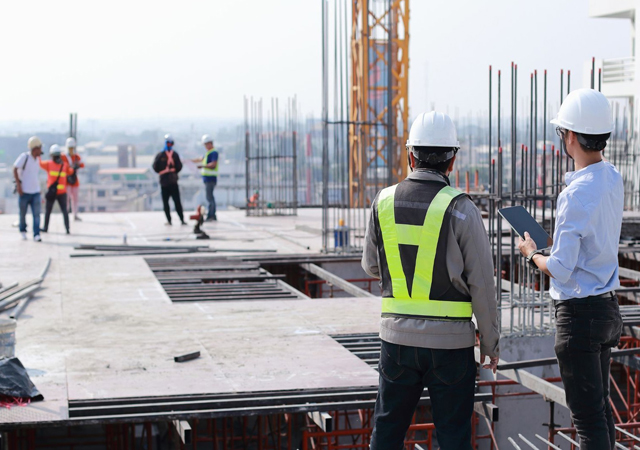
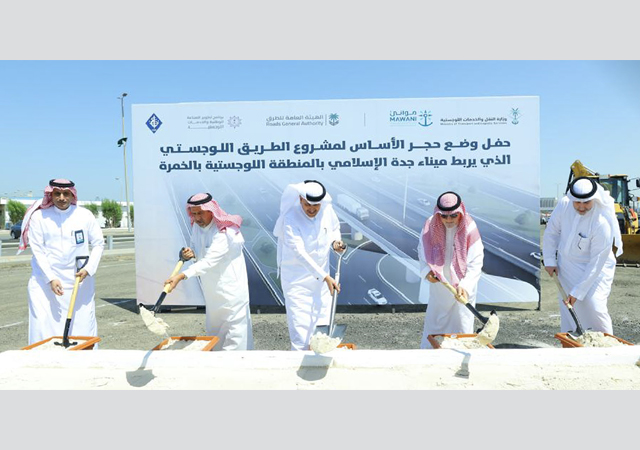
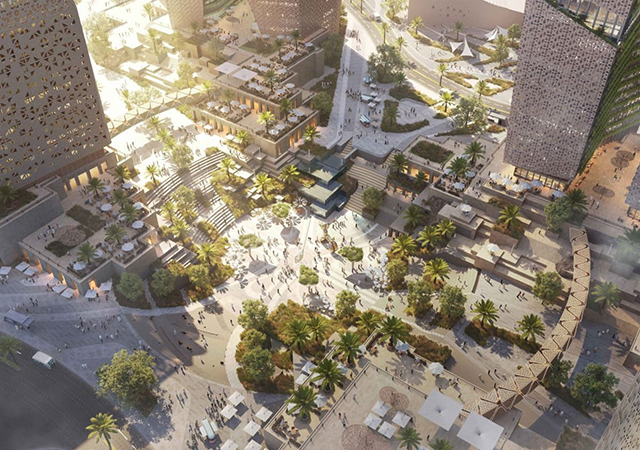
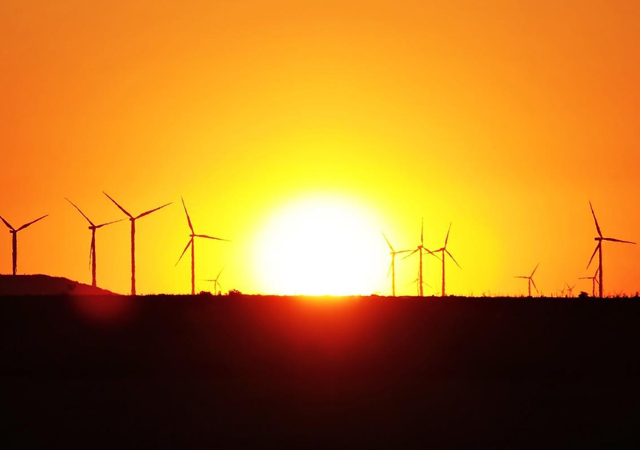
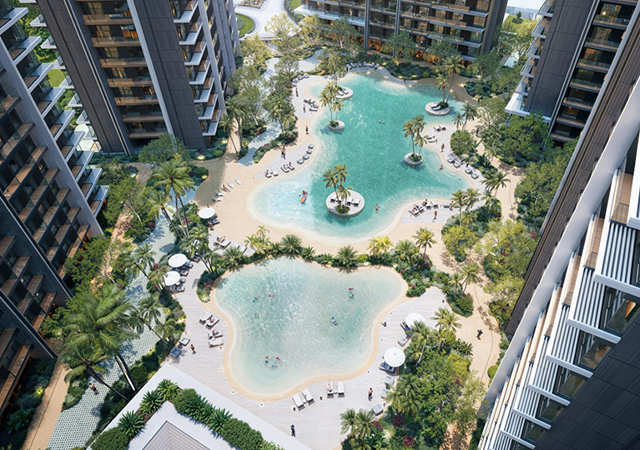
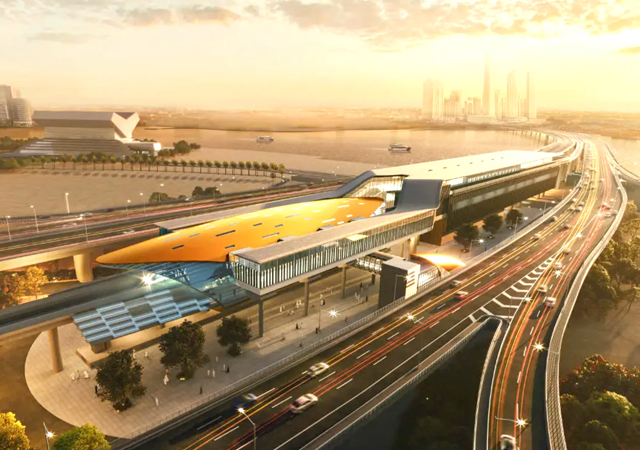
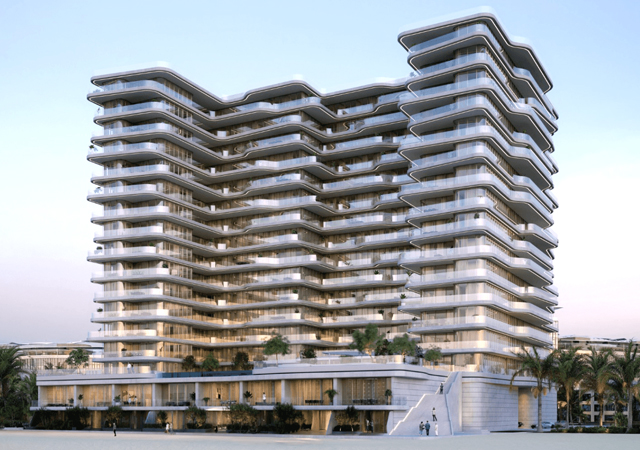
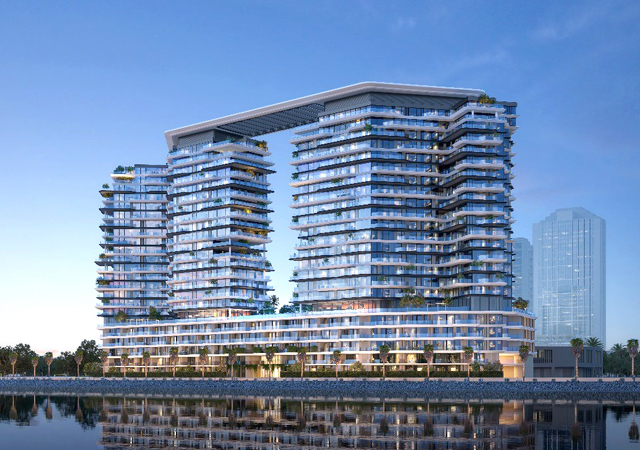
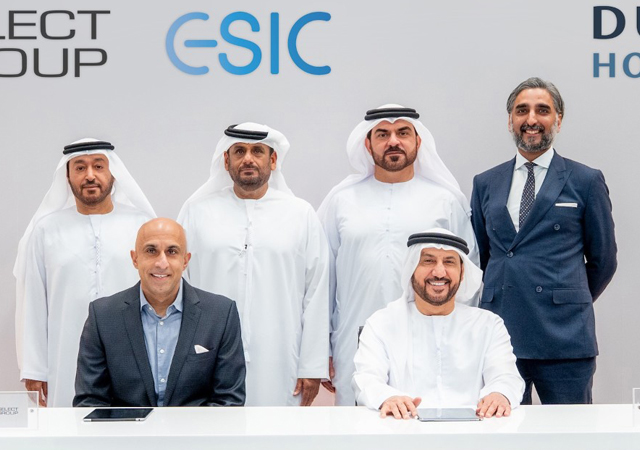
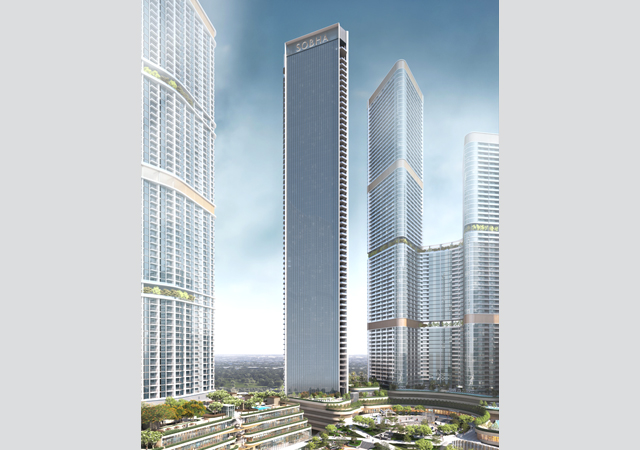
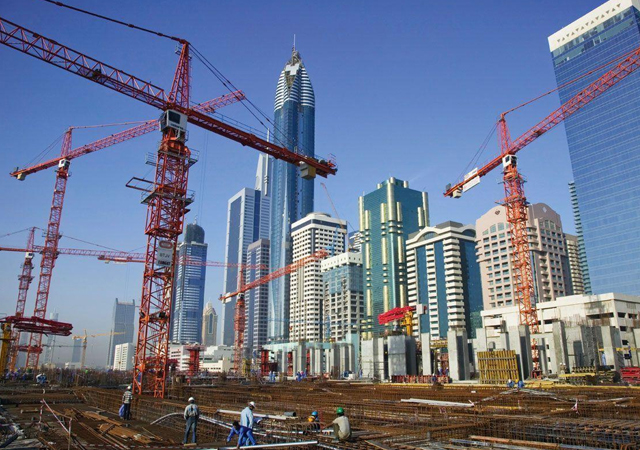
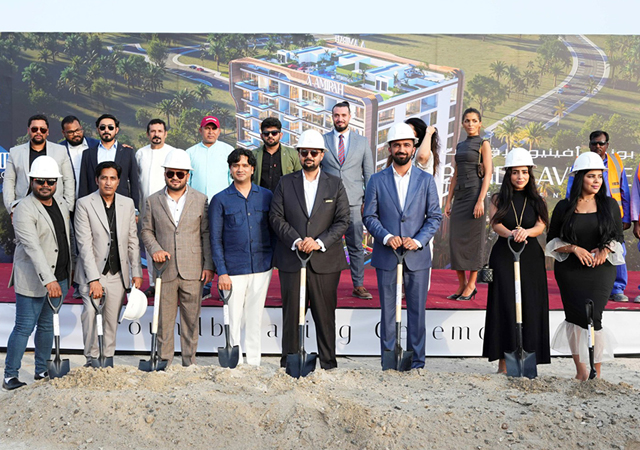
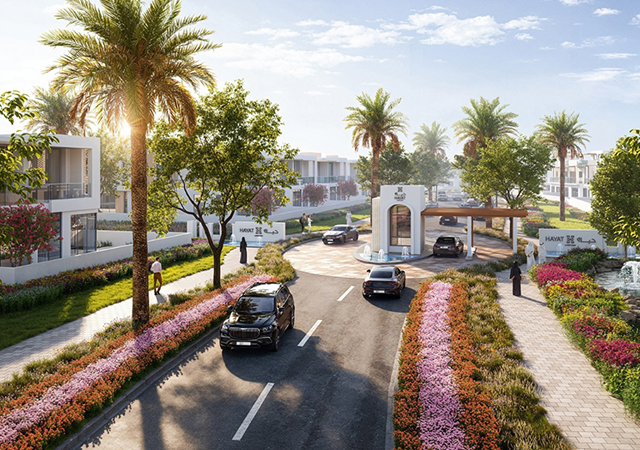
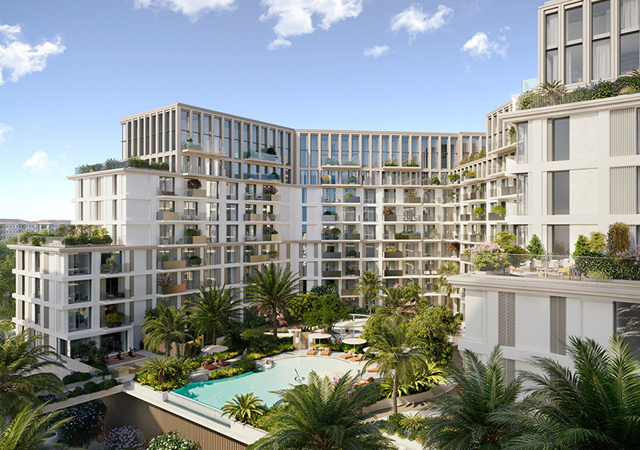
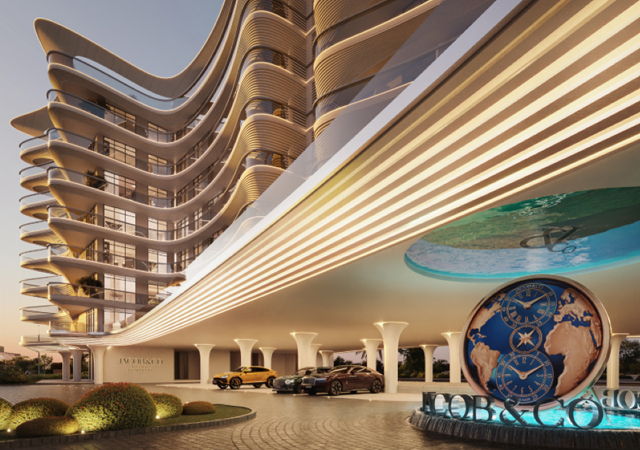
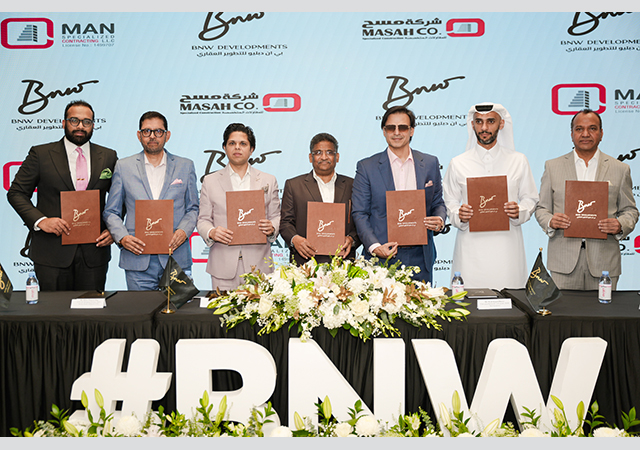
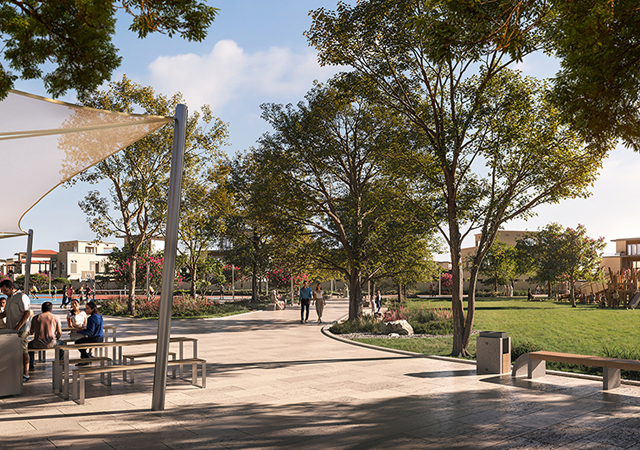
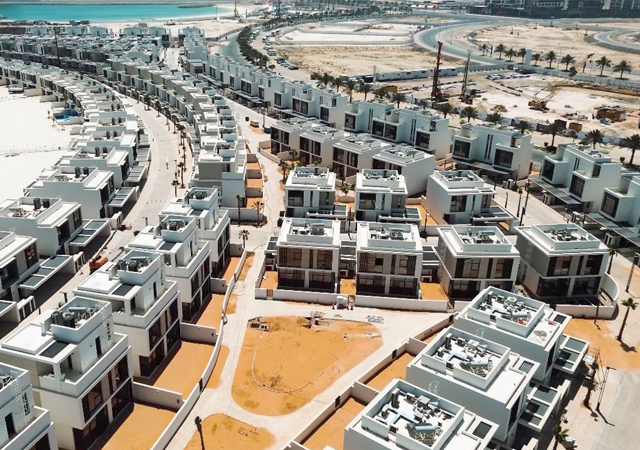
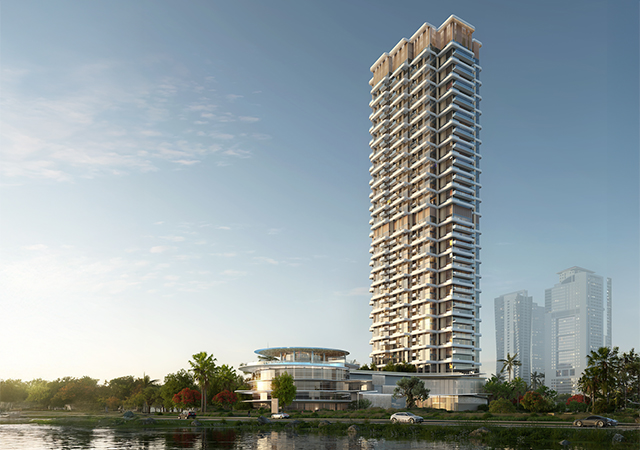
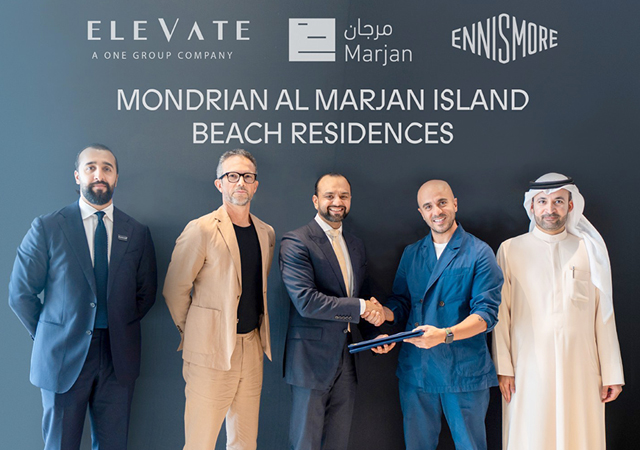
.jpg)
.jpg)
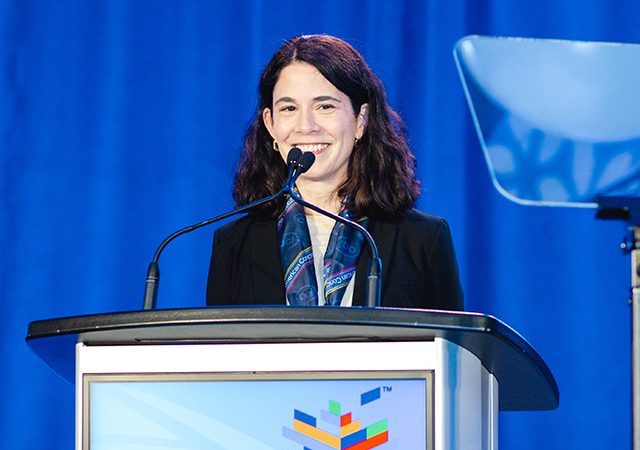
.jpg)
